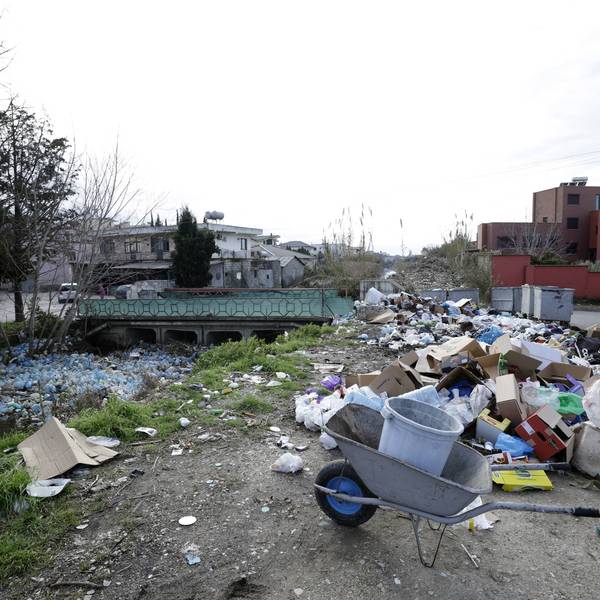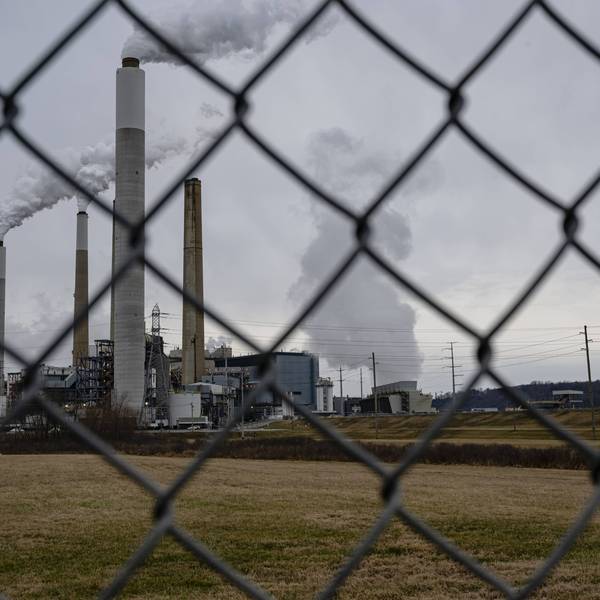The World Health Organization (WHO) over the weekend warned that skyrocketing air pollution levels are killing millions of people in thousands of cities and are poised to take an "enormous" toll on public health services worldwide.
"We have a public health emergency in many countries from pollution. It's dramatic, one of the biggest problems we are facing globally, with horrible future costs to society," said Dr. Maria Neira, head of public health at WHO.
"Air pollution leads to chronic diseases which require hospital space. Before, we knew that pollution was responsible for diseases like pneumonia and asthma," Neira said. "Now we know that it leads to bloodstream, heart and cardiovascular diseases, too--even dementia."
The latest figures come from pollution data in 2,000 cities, where growing populations have led to a surge in traffic, construction, and power generation--leaving huge areas to grapple with toxic smog and rising greenhouse gases that cannot be resolved without an overhaul of infrastructure. The WHO next month will issue more in-depth statistics showing the steady rise of pollution in urban areas since 2014.
"We are storing up problems," Neira said Saturday. "These are chronic diseases that require hospital beds. The cost will be enormous."
The announcement comes as activists around the world call on governments to do more to tackle the crisis.
In China last month, the government issued its most severe air pollution warning for the second time in as many years, requiring a reduction in cars on the road and a halt in production at certain factories. Recent research there has found that pollution kills more than 1.5 million people in China annually, or 4,400 per day--comprising 17 percent of the country's total deaths every year.
Lord Stern, a leading British economist, told the Guardian on Saturday, "Air pollution is of fundamental importance. We are only just learning about the scale of the toxicity of coal and diesel. We know that in China, 4,000 people a day die of air pollution. In India it is far worse. This is a deep, deep problem."



